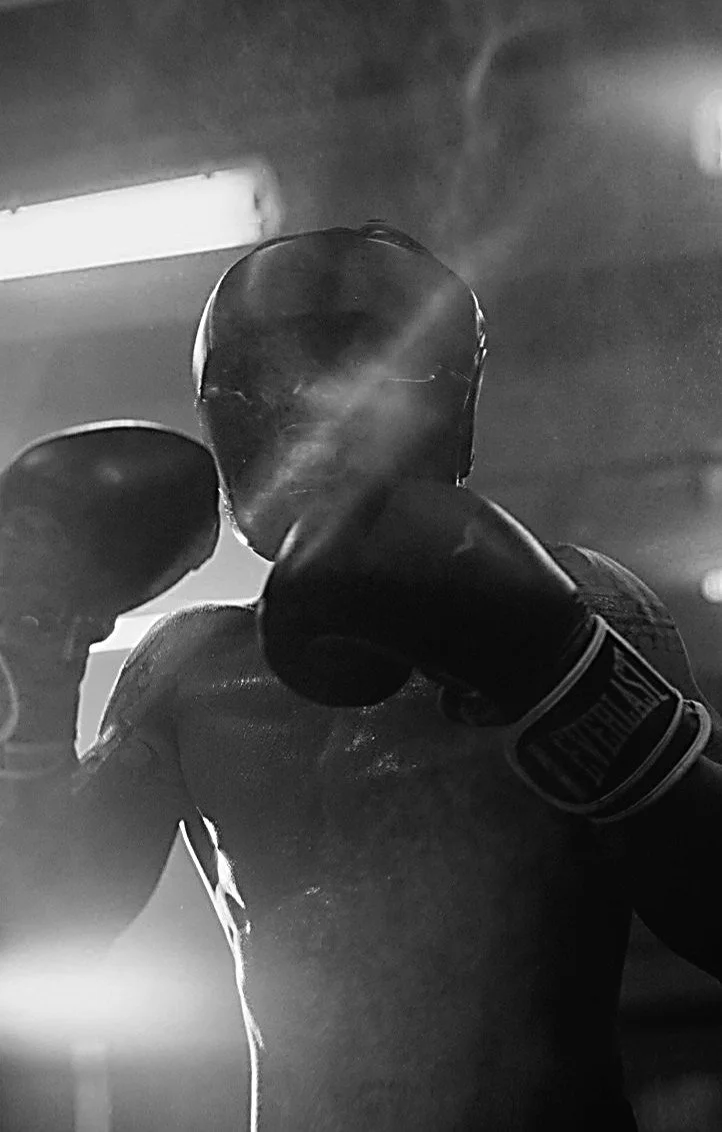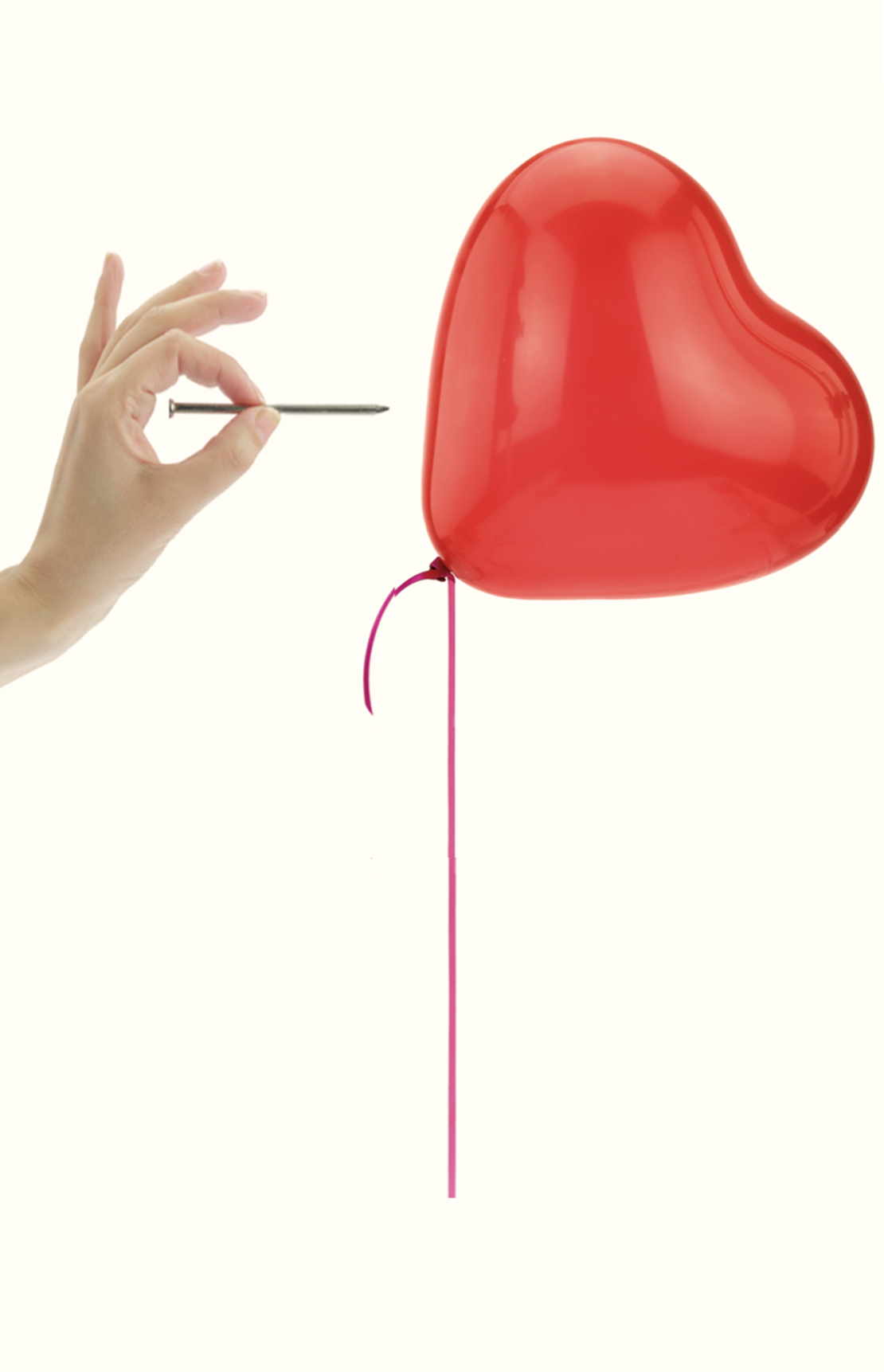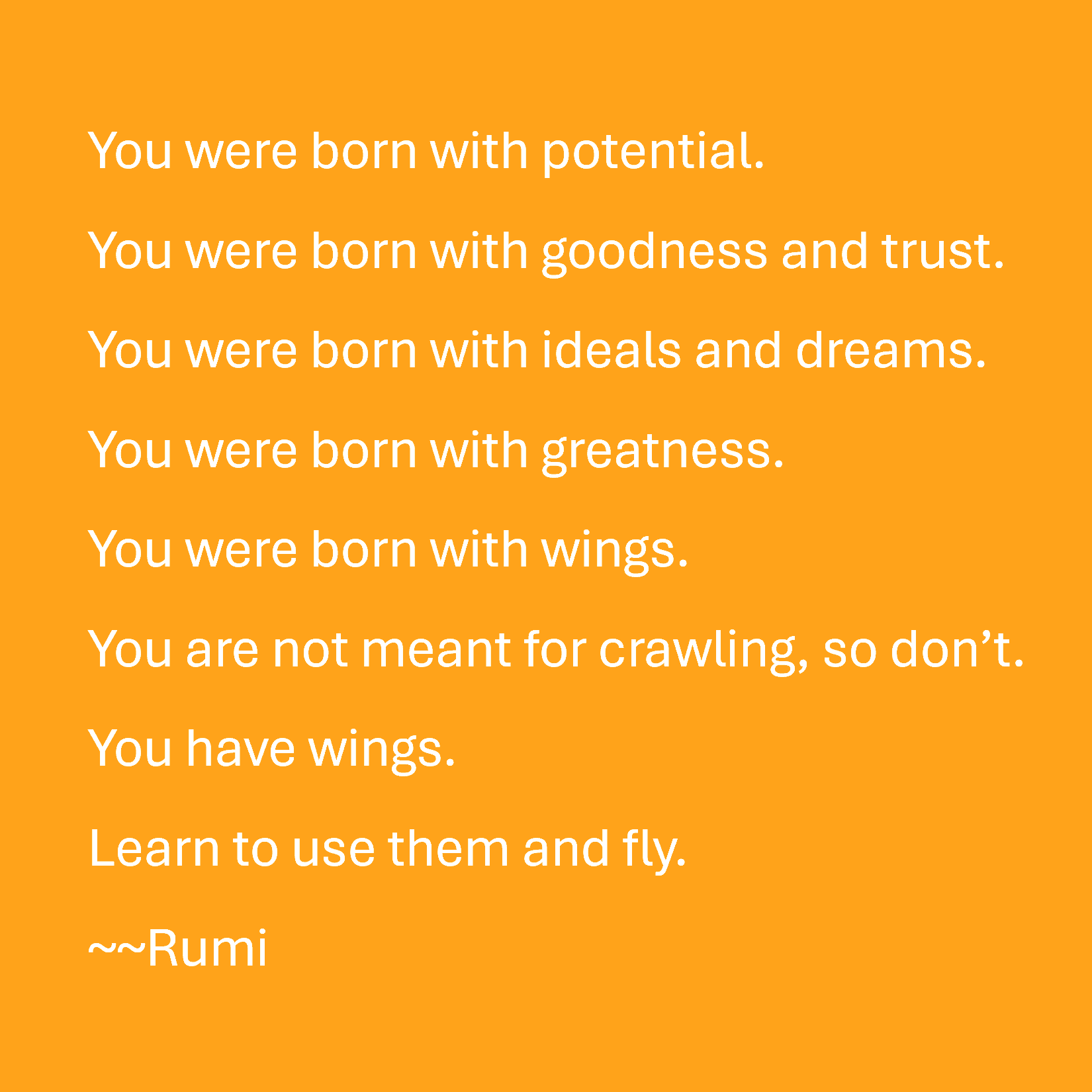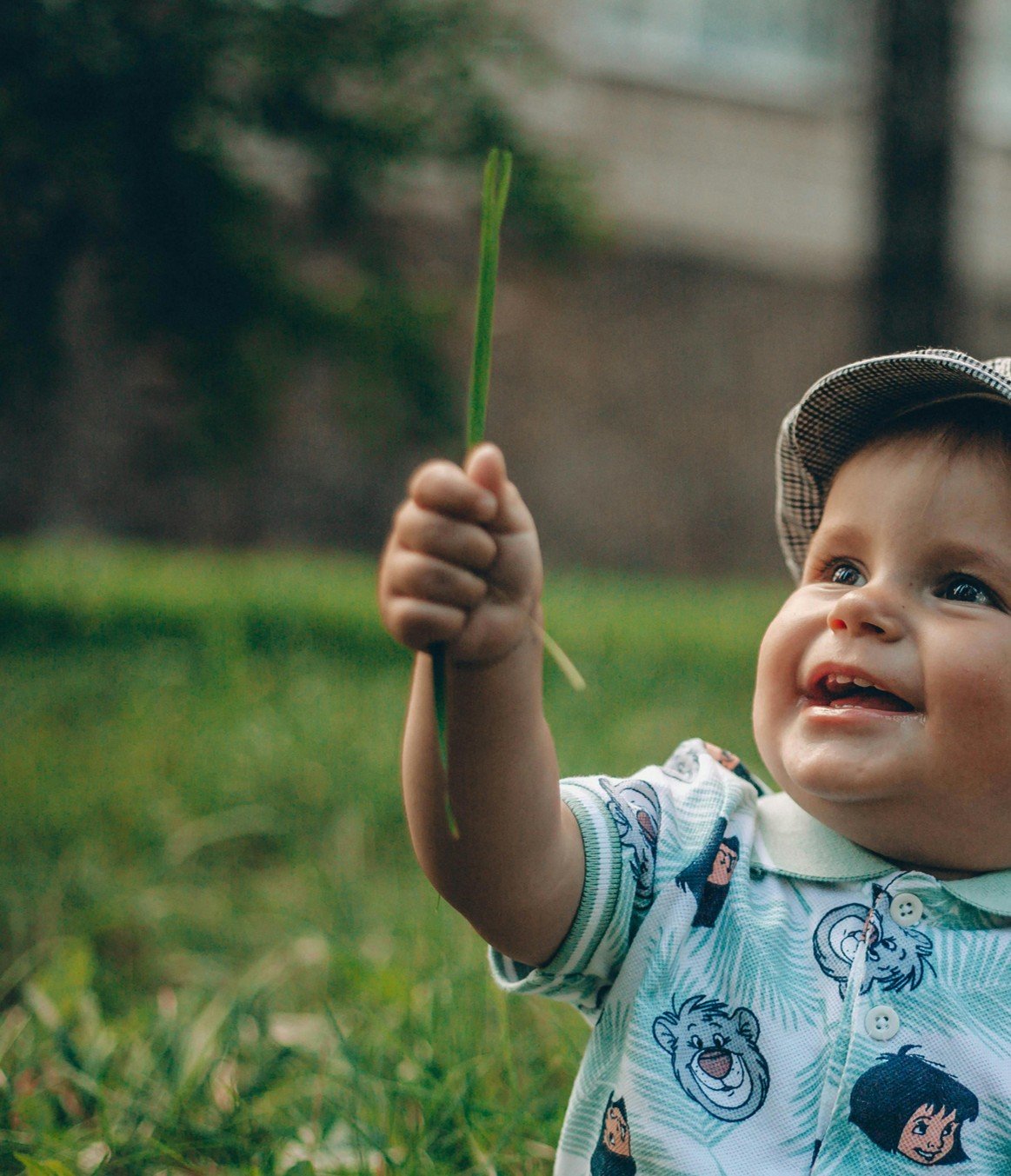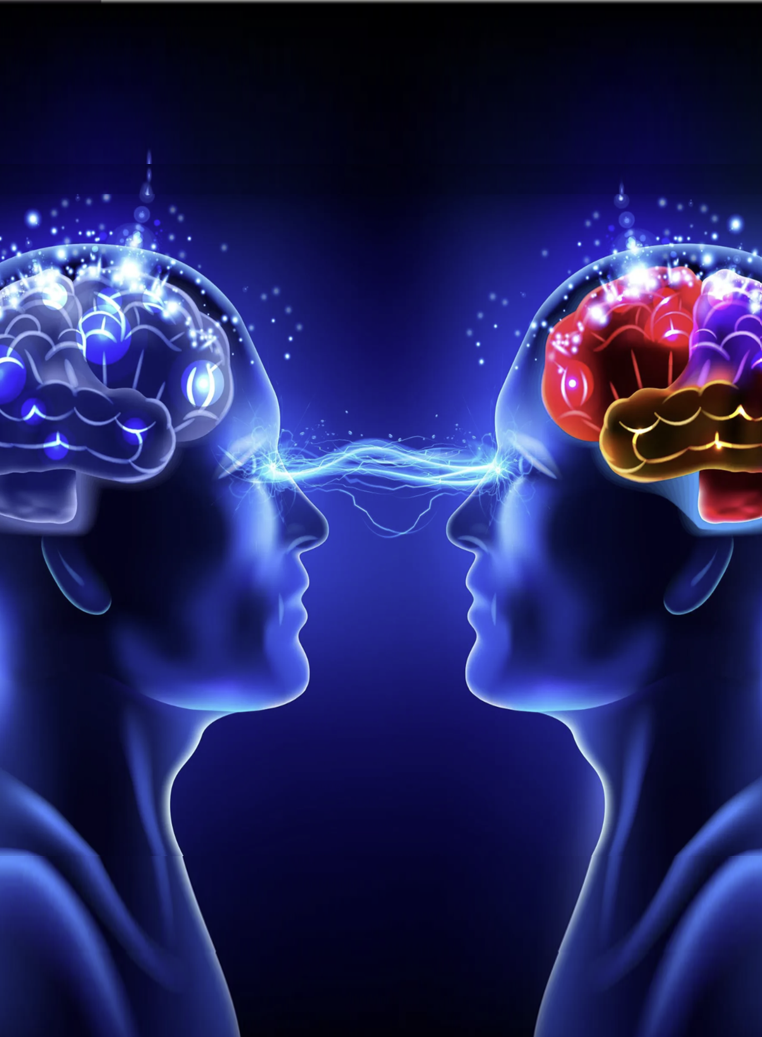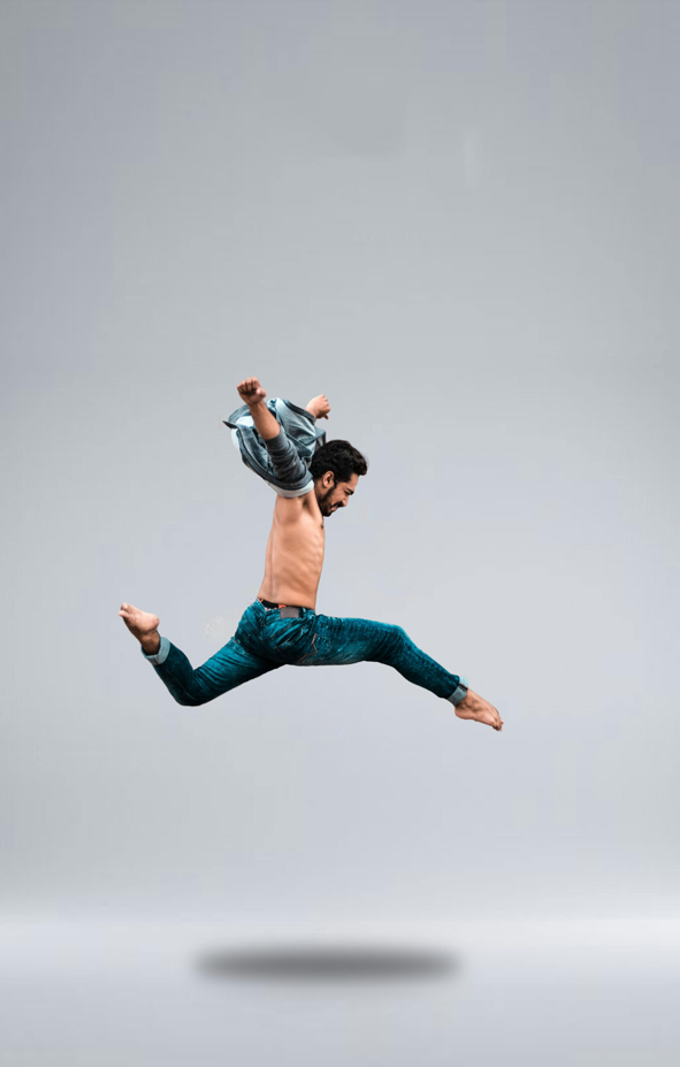Life Beyond the Armor
Emerge into who you really are.
What if the thing holding you back isn't who you are, but how you've learned to hide?
You know the feeling. Your life never quite focuses on what really matters. Your relationships never quite reach the closeness you crave. Something you can't name keeps you from being who you really are. For many, that 'something' has a name. And understanding it changes everything.
Throughout our lives, each of us consciously or unconsciously constructs protective armor against social pain in various situations—what we call "social hiding." It can show up in countless ways, such as staying invisible, pushing people away, relentlessly trying to impress, or however your own experience has shaped your behavior. This armor once kept you safe, but it now may be the very thing preventing you from living as who you truly are.
You've probably had a vague sense of social hiding—yours and others'—along with the vague notion that there's something "wrong" with it. There isn't. It's as instinctive as remembering the way to your new friend's house. But there's never been conversation about the ways we hide, how hiding becomes our comfortable go-to, or how it holds us back. Nobody has ever identified "social hiding" as its own phenomenon. Until now.
You're Not Broken, You’re Human.
Social hiding isn't a character flaw—it's a universal human response to "social pain"—any interaction with a person or people that leaves you feeling diminished, shamed, embarrassed, broken-hearted or hurt in any other non-physical way. Hiding is our first line of defense, starting from infancy. Our brains create protective patterns to keep us safe when the pain occurs, always as the most natural, logical choice in the moment—then encode that behavior to repeat next time. The problem arises when we no longer need the protection but it stays in place, creating an invisible barrier to the lives we truly want.
We don't typically hide in all areas of life. You may be fully yourself in one area of your life while hiding in another—the confident keynote speaker who bolts from the room when required to speak one-on-one with the audience members. The single person who won’t date but loves parties. The driven money maker who just wants to be home snuggling their kids. The creative soul who never shares their art but is an encouraging teacher.
Life Beyond the Armor gives you the tools to develop mastery over your unconscious hiding habits so they no longer drive your behavior without you being aware of it.
We bury our greatness to protect ourselves, sometimes so deep we don’t believe it was ever ours.
Life Beyond the Armor helps you remember who you were before the human condition taught you to hide.
Why It Actually Matters
You beat impossible odds to end up on this planet. You're an exact configuration of experiences, perspectives, and capabilities that is utterly unique—that will never exist again. The question isn't whether you matter. The math has already settled that. The question is whether you're actually showing up as who you truly are. When you hide behind social armor, you're not just depriving yourself of authentic connection—you're depriving the world of an irreplaceable contribution that literally cannot come from anyone else.
Imagine a world where John Steinbeck never wrote The Grapes of Wrath, or Tom Hanks never became an actor. Both doubted their talent. In fact, Steinbeck was known for hiding away in his home for much of his life. Yet they showed up anyway. They gave what only they could give.
When you hide what you have to give to avoid social pain, the human equation misses out on something irreplaceable. The species doesn't just need you to exist—it needs you to exist as yourself, fully expressed. Like them, each of us is capable of letting social pain stop us. And when we do, the loss isn't just personal—it's collective.
Each of us is like a blade of grass, without which there is no meadow.
If you’re reading this page you probably have the sense that you are meant for something more.
Some of us know what matters most almost from birth. Others discover it through adulthood. Many only know by what we don't want: "I just know it's not a cold marriage and a job that underappreciates me."
I’ve always known I’m meant to be a father. I want to devote my life to my family.
I’m an artist. It’s who I am. I’ll be really unhappy if I can’t spend my life sculpting.
I just want to make the world a better place.
I’ve always pictured myself making amazing food for people.
I care most about my relationships with the people who matter to me — I want extraordinary connection with no static on the line.
Notice that none of these are what we typically say to ourselves:
I want to snag the most attractive person out there, get a Maserati, and tool around town letting everybody know what’s up.
I’ll do whatever it takes to get $500,000 in the bank before I’m 40.
Forget dating, it’s a disaster these days. I’m great on my own.
I used to say I want to change the world, but now I say I like to eat.
All of these can be legitimate goals. They're also very common social hiding tactics. Making money to prove your worth becomes a hamster wheel. Giving up on dating because you’re afraid you're less lovable can get pretty lonely.
It's also important to understand that there are no universal rules about what's fulfilling to each of us. For one person, driving a Maserati might feel like a too-expensive embarrassment deep down inside while for another person it can be the fulfillment of a lifelong desire. Only you can say what your hiding behaviors are; only you can say what really matters to you.
Sometimes Social Hiding Is Absolutely The Right Choice
The goal is never to completely stop hiding—that would be impossible. We're human. The goal is to master our social hiding so we're living our best lives. Hiding isn't a hindrance across the board. Some hiding tactics let us function in areas that would otherwise feel out of reach. Who among us feels comfortable entering a party full of strangers? Having a familiar hiding tactic in our back pocket gets us through.
Social hiding is:
Sometimes absolutely necessary—if you're in an environment where people would make your life miserable just for being you, hide. Your physical and emotional safety always comes first, and only you can define those.
Potentially beneficial for you, either for now or for your lifetime. When you were a kid your classmates made fun of your stick-straight hair, and now you believe it's awful. So you shave your head and feel great. You could transform that habit and wear your hair as it is, but you don't want to—so hiding is the best choice.
Your choice, and yours alone. Within the limits of law and ethics, nobody has an inherent right to know anything about you or demand that you be more vulnerable than you want to be.
Something to build a skillset around—once you've gained mastery over your social hiding, you can choose to hide or not to hide rather than it driving you unconsciously from beneath your awareness.
The object is to embrace hiding without guilt or shame. (If you’re one of the many who feels guilt or shame around your social hiding, see our What We Offer page for our free “Shame-Free, Guilt-Free Social Hiding” tool.
We can give ourselves grace. In a world where social hiding hasn't been identified while our brains constantly push us to engage in it, what choice did we have?
Social hiding is mostly invisible to us.
We can and probably should give ourselves grace around our own social hiding. We typically don't it. Others might identify it disparagingly, mistakenly: "She's so insecure" or "He's a pompous jerk." Yet as common and powerful as social hiding is, it has never been isolated as its own field of study. Hiding is referenced as a function of something else in various contexts including the Autism spectrum, clinical psychology, 12-Step programs and more, but only as that. In fact, according to numerous AI searches, Life Beyond the Armor is the first effort to give the social hiding phenomenon its own focus in full, as a means to live a more self-aware, empowered life.
Or maybe it's not so surprising—social hiding isn't a purely psychological phenomenon. It's a complicated interplay of biological, psychological, and sociocultural variables, as unique as the human beings experiencing them. So it doesn't fit neatly into any field of study. There are no one-size-fits-all mandates. It exists between the cracks, hiding in plain sight.
Social hiding is instinctive, instantaneous, and automatic.
Neuroscience research* shows that our need for connection is even greater than our needs for food, shelter and other basics. We don’t just “get over it” when we experience social pain—rejection, humiliation, criticism, etc. etch themselves into our brains which encode protective patterns in response. These patterns often form early, or so subtly we don’t even notice it’s happening, so we’re left thinking it’s just who we are; limited in ways that appear to come naturally for others.
The fact is, like it or not, everything we do is measured against “what will people think of me?” Anybody who says they don’t care what people think might mean “I care what people think but I do what I want anyway.” Or maybe it’s just aspirational. We are built to prioritize what people think of us! The need for acceptance never goes away. But having it stop us in life can get really old.
Our internal dialogue is so non-stop that we often don’t consciously hear it anymore. But it’s always there, doing everything in its power to keep us safe from social pain, whether we hear it or not. Therefore it’s simple, human, and automatic to socially hide.
It is also just as simple, human, and automatic to want to make our greatest contribution to the world and to those we love.
Ready to Begin?
Despite all its complexity, there's something beautifully simple about social hiding: It's behavioral. And what's behavioral is actionable.
Life Beyond the Armor gives you a path to align with your highest self—the greatness that you are simply because you're human.
We envision a world where everyone has mastery over their social hiding. Everyone is living as who they know themselves to be. We envision the connection, the innovation, the art and beauty we'd all see every day. We know that we are that world, one person at a time.
If you've decided you want to explore your own hiding, check out Life Beyond the Armor's What We Offer page and take your first step toward mastering your social hiding!.
* Social: Why Our Brains Are Wired to Connect by Matthew Lieberman

